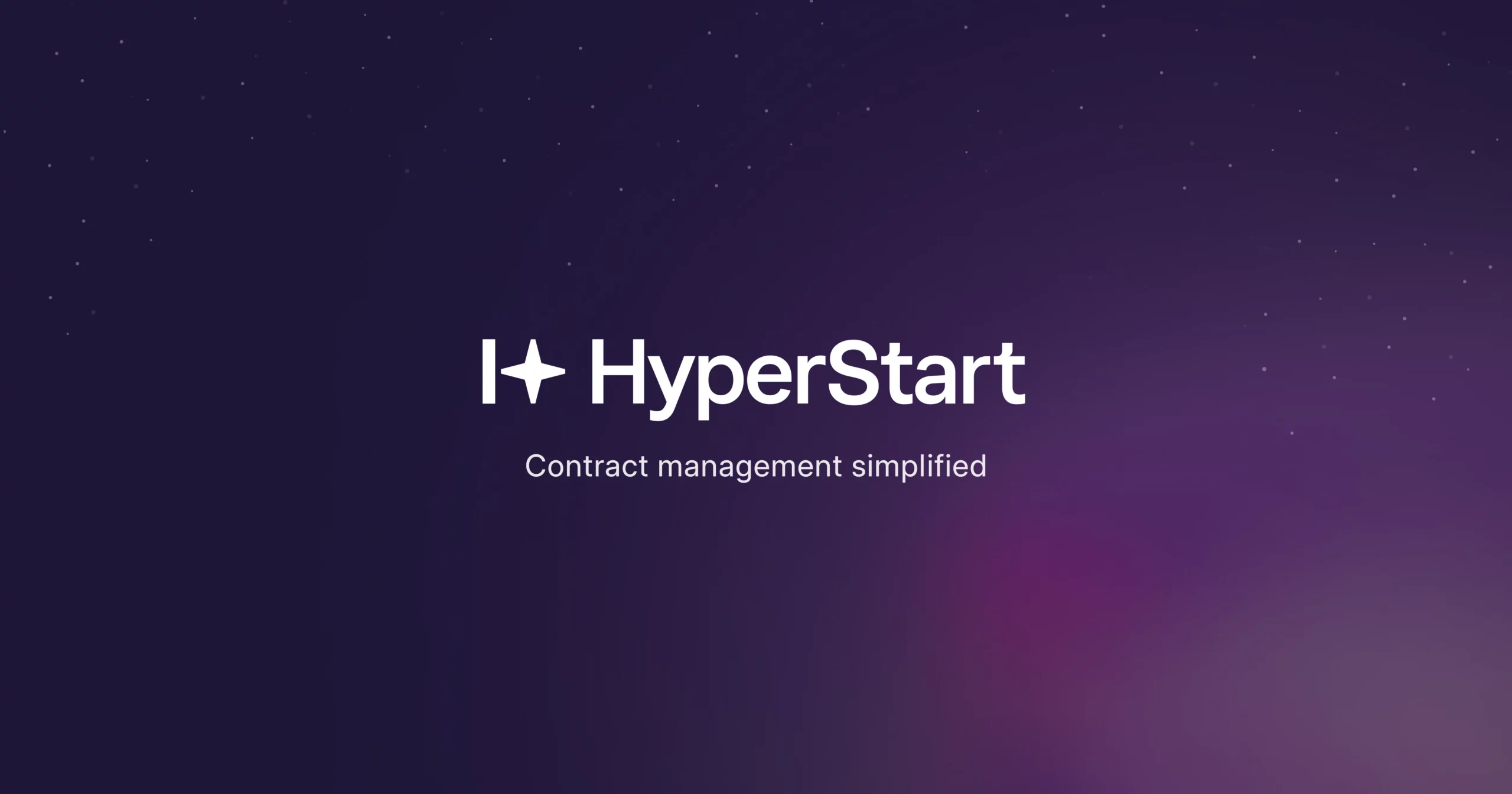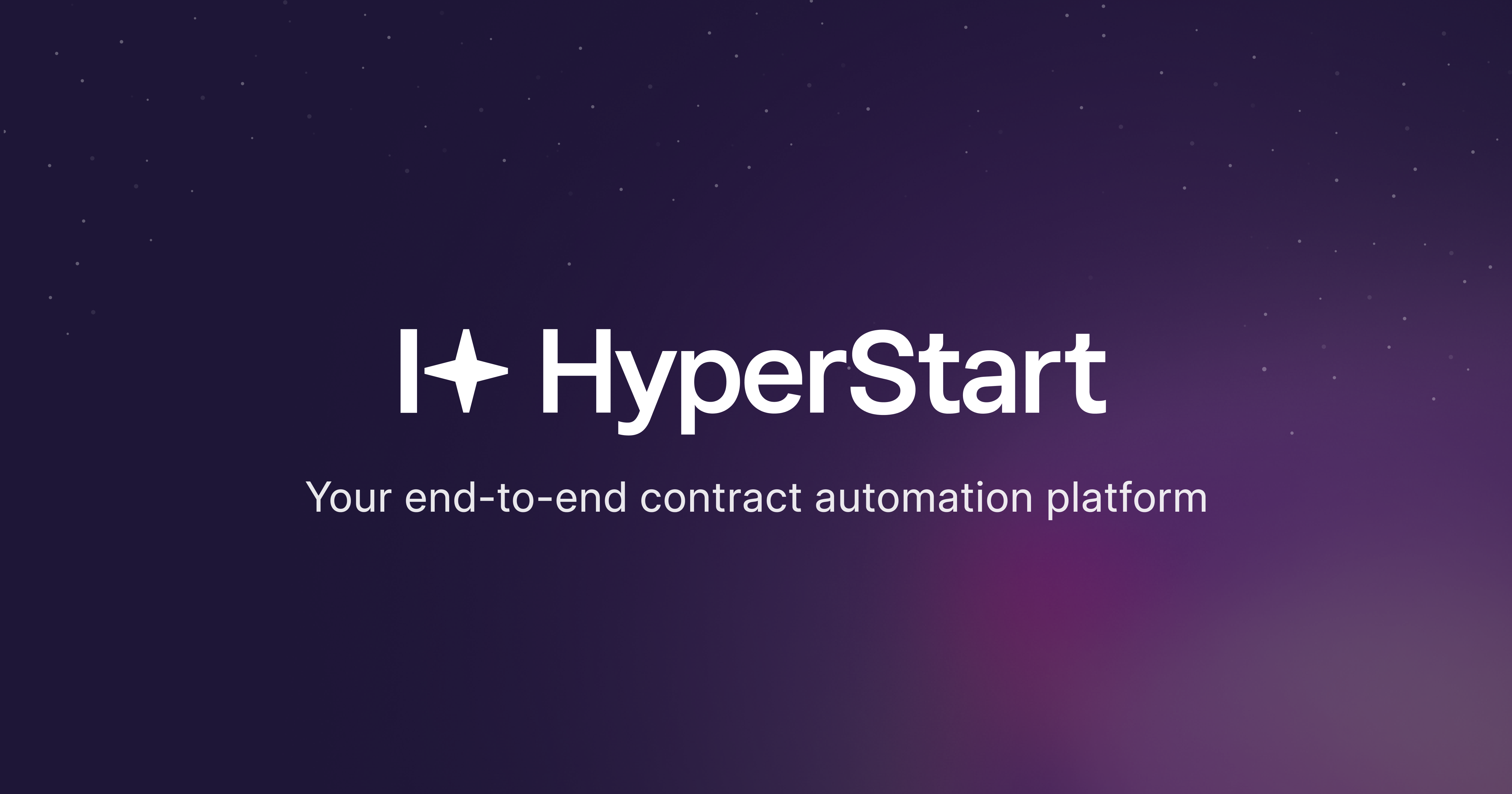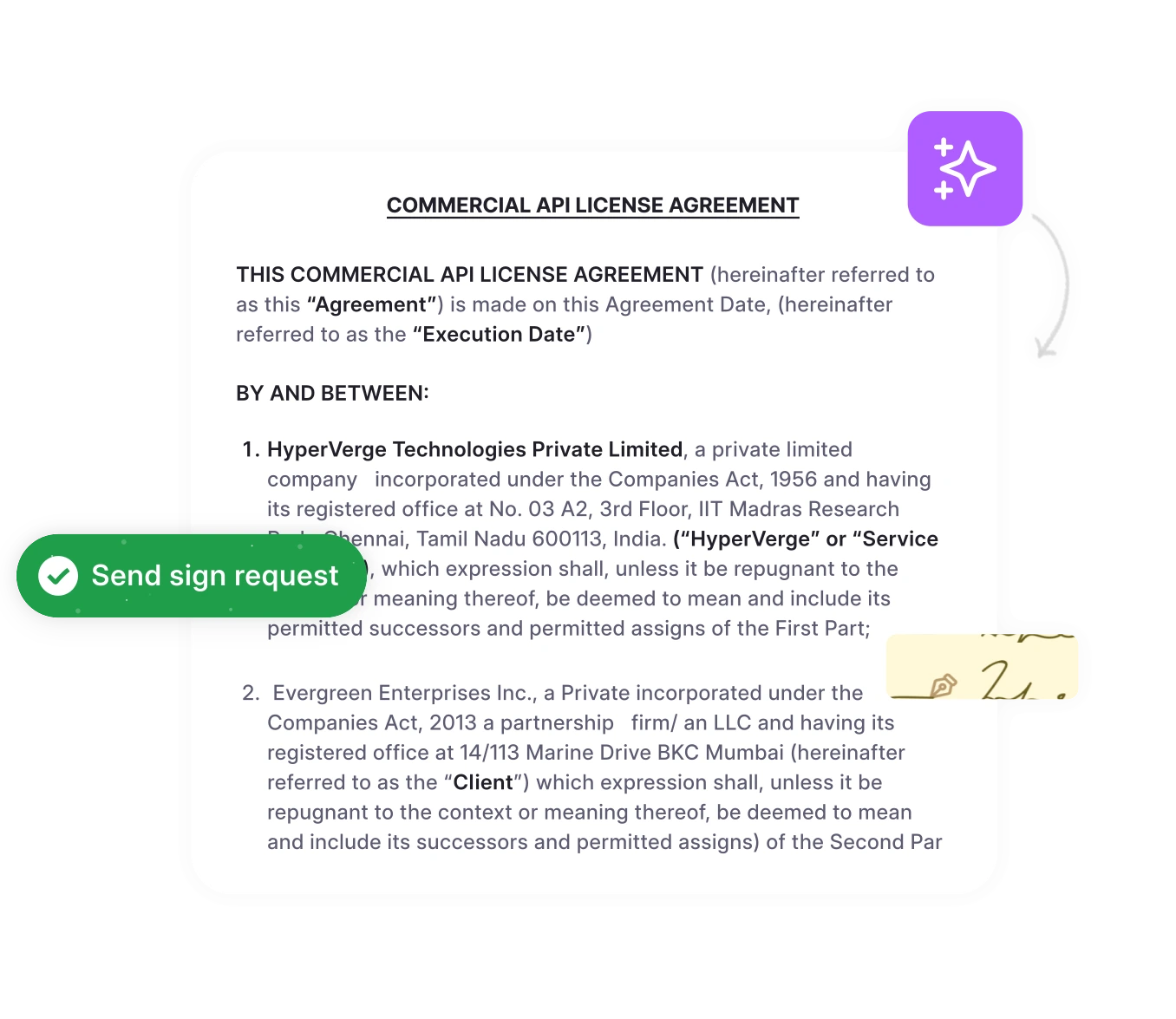Digital contracting needs and budgets differ vastly. Multiple partners on the market offer different pricing models, product capabilities, storage sizes, integrations, implementation costs and timeframes, and support motions. This blog aims to demystify the pricing structures, key factors to consider while shopping, additional costs, and unique benefits of top 3 contract management software.
According to Capterra, contract management software pricing can range from $7 to over $700 per month based on the number of users, contracts, and basic to advanced functionalities that CLM providers offer.
Conversely, the cost of not having a contract system far outweighs the price of one. World Commerce and Contracting estimates that a simple contract costs $6,900 to over $49,000 for more complex agreements. This number is inclusive of lawyer fees, document fees, shipping, and negotiation time.
We have explored the top 10 factors of contract management software pricing. Let’s get a closer view of these parameters before window shopping.
Key factors of contract management pricing
No two organizations are the same. Before they give you a custom quote, CLM vendors are likely to ask you a few questions about the following to tailor-make a solution for you and give you an estimate of the cost.
1. Number of users
The number of users from different functional departments across the organization directly influences pricing. CLM plans are often structured based on the number of user licenses. A larger user base might mean more granular access controls to specific features as well as additional support and training, all impacting the quote.
2. Volume of contracts
The number of contracts that circulate within the organization also influences the pricing. Large volumes of contracts need more storage capacity in the central repository and processing power for OCR and metadata extraction. Plans are often curated based on this.
3. Types of contracts
Contracts have varying levels of complexity in clauses for AI extraction, legal parameters for compliance, and granular access requirements for streamlined workflows. Each contract type may require legally approved templates at the agreement level as well as the workflow level. For instance, sales agreements require custom integrations with CRM software while simple NDAs can be automated effortlessly.
4. Major pain points
Specifically defining pain points such as renewal tracking or cutting down legal costs helps CLM partners understand which product modules are most relevant for you. They can tailor bespoke solutions and give you a reasonable quote.
5. Clauses to track
It is important to define the contract properties that your organization cares about most for AI-clause detection, tagging, and extraction across the contract lifecycle. For example, if an organization is at risk from missed obligations or a faulty indemnity clause, the AI must be able to track and customize these needs for you.
6. Percentage of own papers vs counterparty’s
CLM partners often inquire about the percentage of their own papers to those of the counterparty to understand the workflow design and the contract parameters for AI-redlining and extraction. The AI and automation capabilities must be built to fit your requirements.
7. Metrics and processes to improve
Optimized performance metrics help you slash legal costs and manual effort. More specifically, HyperStart tracks process metrics like review time, turns taken, and contract status to help you unblock contracts.
8. Deployment model
CLM platforms can be deployed on-premises or on the cloud which influences the pricing structure. Your CLM provider will suggest models that best align with IT strategy and budget, impacting both pricing and long-term scalability.
9. Customizations and integrations
Organization-wide CLM adoption may need specific workflow automation and integrations to the existing CRM, ERP, document management & processing systems, and eSignature providers. The customization and integration complexity will influence additional development work and costs.
10. Support and maintenance
Some CLM platforms offer dedicated account managers around the clock while others taper it down after implementation. You can discuss the total cost of ownership based on the operational need and determine a sustainable budget for long-term maintenance.
Next up, let’s move on to our handpicked list of the best contract management software and their pricing structure.
Common CLM pricing models
Most contract management software is priced based on the number of contracts, number of users, the product modules you need, integrations, and automation customizations in workflows. Here are the most common pricing models:
1. Value-based pricing
In this model, prices are based on the specific needs of your legal team and organization and the value the CLM partner provides you with. The sales teams of the CLM vendor take a consultative approach to understand your requirements to craft a bespoke pricing plan for you.
2. User-based pricing
In this model, CLM platforms account for the number of user licenses for role-based access to the software.
3. Contract-based pricing
Here, each contract managed within the platform is accounted for. This is influenced by the extent of AI extraction and processing capabilities and the storage capacity you need.
Based on the above pricing models, CLM vendors may further structure them into tiers, a freemium model, or monthly or annual subscriptions. Finding the best fit requires a cost-benefit analysis and a thorough understanding of your options in the market.
Get bespoke pricing plans to scale with you
Industry-leading contract management solutions to meet you where you’re at. With a thoughtful quote to match.
Additional costs to consider
Evaluating a CLM is often more complex than a feature and budget assessment. Here are a few more things to consider:
- Integrations: The number and complexity of integration customizations you need determines the cost.
- Workflow automation: Granular workflows are often configured to fit specific organizational processes, influencing the cost of development.
- Implementation and support: Some CLM vendors offer deployment and support at an add-on cost.
- Additional modules: eSign integrations or options, AI capabilities for advanced contract intelligence, or analytics for contract performance tracking add to the cost.
Comparison of top 3 contract management software
The following table highlights how different contract management software pricing plans stack up against each other:
| Pricing Aspects | Ironclad | HyperStart CLM | Juro |
| Free trial | 14 days | 14 days | Unavailable |
| Pricing starts at | $60 / user / mo | $35 / user / mo | $19 / user / mo |
| Support | Additional cost | Cost-inclusive | Additional cost |
Let’s discuss each competitor in detail.
Ironclad
Ironclad streamlines every part of the contracting process from making to managing to storing contracts. Built by lawyers, it is most intuitive for legal teams. In-house legal at Asana, Dropbox, and L’Oréal use the platform to collaborate on contracts, negotiate them, and mitigate business risk.
The software is SOC 2, Type II certified and compliant with ISO 27017 and 27018 for robust protection of contract data.
The upside: Users report that the customer support team is prompt and responsive.
The downside: Users report that the pricing structure is best suited for enterprise-scale operations.
Read more on Ironclad competitors here.
HyperStart CLM
HyperStart CLM software is a HyperVerge product developed with insights from over 150 legal professionals. It is a comprehensive contract lifecycle management solution purpose-built for small and mid-size companies. Its advanced AI capabilities with 99% accuracy facilitate reviews, storage, tracking, and management of contracts in a single unified platform. The product team set up the repository at a record speed of 5 – 7 days and implements custom workflows in 2 – 3 weeks.
HyperStart is AICPA SOC2 compliant and holds ISO 2701:2013 and ISO 27018 certifications to offer robust security for your contracts with frictionless integrations to all popular CRM, document management, and eSign systems.
The upside: Fastest 3-day implementation with 99% AI accuracy.
The downside: HyperStart’s pool of integrations is currently small.
Juro
Juro, founded in 2016, aims to make contract management more collaborative with AI. The AI assistant drafts, redlines, summarizes, and extracts metadata. The tool offers dozens of free templates across contract types with a secure unified repository. Juro’s solutions are built for legal, sales, HR, finance, and operations departments.
Embraced by 6000+ companies worldwide, Juro provides a simple and sophisticated user experience from start to finish.
The upside: Juro has a simple and aesthetic user interface.
The downside: It is best for low-complexity, high-volume contracts as it lacks advanced AI capabilities and automation for more complex contracts and workflows.
Read more on Juro alternatives here.
How we evaluated the top 3
While curating our list of top 10 contract management software, we evaluated them on a rigorous set of criteria to comprehensively assess the value, robustness, and relevance of each for scaling teams. They are:
Cost: We assessed the initial investment, ongoing subscription fees, and additional costs for implementations or integrations on respective platforms and reviewed listing pages.
Features: We analyzed contract management software features for each from drafting to post-signature obligation tracking along with support automation, intelligence and AI engines, and integrations.
User experience: An intuitive interface and experience is crucial to the learning curve and ease of adoption.
Customer support: The availability, responsiveness, and quality of support the vendor provides have been reviewed.
Reviews: User reviews have been gathered from G2 to gain insight into the software’s reliability and performance.
Integrations: We have also considered each platform’s integration capabilities to CRM, ERP, and accounting software.
Parting thoughts
HyperStart CLM is quickly transforming how contracts are managed in the market, making it an ideal choice for businesses on a quest for legal operations efficiency, CLM scalability, and substantial return on investments. Here are some reasons how:
- Quick setup: HyperStart implements at an unrivaled speed. Repositories can be deployed in 3 days, and custom workflows in 2 weeks.
- Advanced AI: HyperStart is built on HyperVerge AI with 99% accuracy, having been trained on 1 billion+ documents.
- Affordable pricing: HyperStart is purpose-built for smaller businesses and startups. It delivers advanced functionalities and superior value at a fraction of the cost.
A bespoke CLM solution with a thoughtful quote
Industry-leading contract management solutions to meet you where you’re at and go the extra mile. Only with HyperStart.









![13 Best Contract Management Software in 2025 [A Guide]](https://www.hyperstart.com/wp-content/uploads/2024/05/1-1-1_3_600x339.webp)


